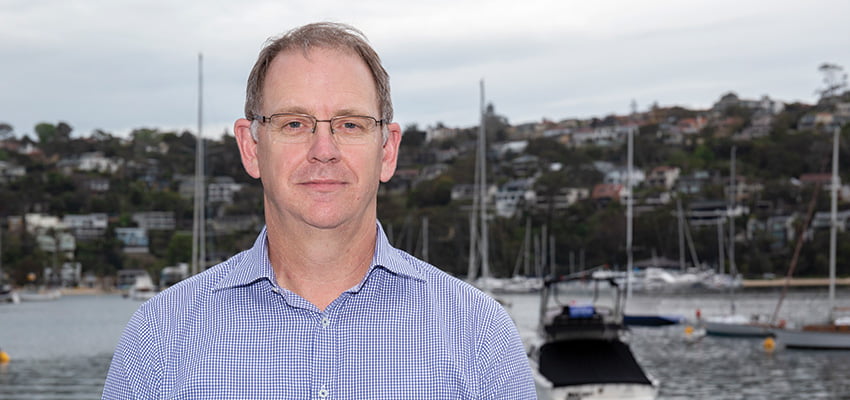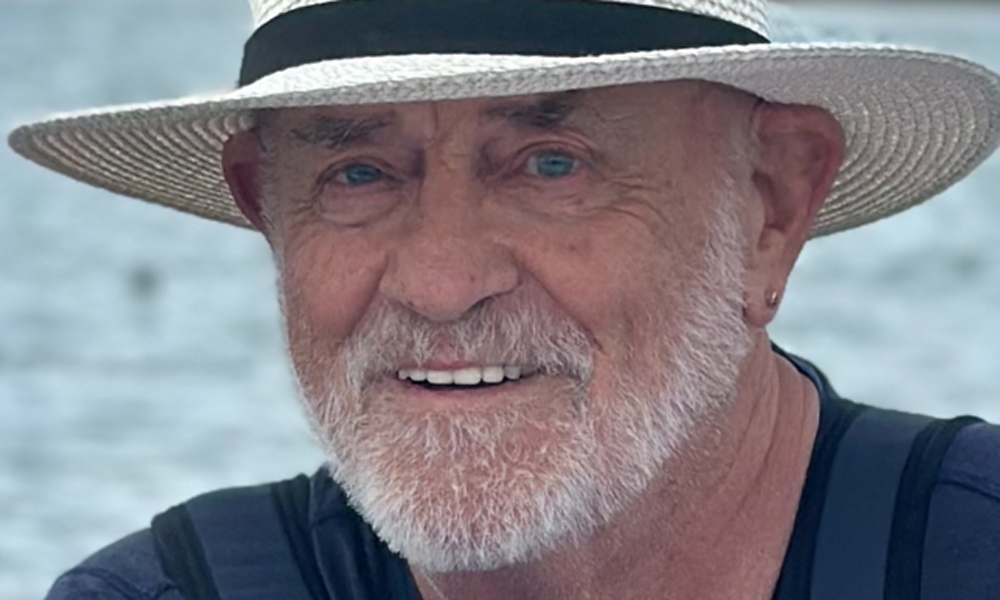You’ve had a varied career, what are some highlights?
Clearly, working for Australian prime ministers – you can’t beat that [Mr Carmody was director of policy in the Office of the Prime Minister in 2013]. And the military, the entire time I was in the military I loved [Mr Carmody was in the Army from 1995-2005 and attained the rank of Lieutenant Colonel].
Recently, with the Maersk/Svitzer group, I was head of the innovation area. I was the joint leader on the remote-control vessel project. As you can imagine, that was quite an amazing thing to take from an idea through to the vessel actually operating in Copenhagen. It took just on 20 months from having the money to getting the thing on the water. It will change how shipping is done. So, as you can imagine, helping do the next big thing was brilliant.
How has it been so far, being the Port of Newcastle CEO?
It’s been great. I don’t think anything actually prepares you to be a CEO. In my last job, I had the luxury of assisting MDs and CEOs into their roles, but nothing prepares you to actually have the job.
What I’ve found most interesting in the role was the amount of goodwill in the community towards the Port of Newcastle and the pride that the staff has in working for the port. I think there’s an amazing foundation for what we’re going to do next. It’s going to be a bit of a step-change and it’s going to be a challenge. The Port of Newcastle has been a coal port for quite a while, and we’re now talking about diversifying, it means new trades, new ways of doing things. You can imagine, for some people that’s going to be a bit of a “how do we do that?” there’s going to be a bit of learning and doing simultaneously, so.
What excites you about being at the helm of the port?
Well, you have to look at the history of the city to see what we’re trying to do. Newcastle used to be a steel town, but the BHP steel mill closed down, causing job losses and a contraction in the economy and basically a recession around the Hunter.
Then, they moved on to coal, and coal has been an amazing performer. But, if you believe most of what the media, the world and governments are saying, coal will slowly decline, and one day it won’t be the energy source that it was and there will be alternatives. Port of Newcastle needs to diversify, that’s what the board, the owners want, and that’s why I’ve been brought in.
The reason why I’m there is that we need to take the port and the region away from the reliance on coal into a diversified economy. Coal will still be an absolute part of the port of Newcastle operations, but it’s going to be all those other things: the container terminal, the cruise terminal, bulk goods, liquid fuels, whatever it is. That’s where the next jobs are, and it is an amazing opportunity that we have; every day we turn up to work we are creating what could be the next 40 years of work in the region. That’s why I took the job.
What did you want to be when you were growing up?
A politician. Or a military officer, and I did both. At five, I wanted to be the Prime Minister and then, by eight I wanted to be a military officer. By 20 I wanted to be a military officer in charge of politics, but that’s called a dictatorship.
What’s your favourite book?
“To Serve Them All My Days” [by R. F. Delderfield]. It is an English book about a public school teacher. It’s all about duty and service to generations. It is set post-World War I, pre-World War II.
What are your hobbies?
Computer games. I like to play first-person shooters and strategy games. Computer games are what I do in my down-time.
If you or someone you know would like to be a future subject of The Grill, please email editorial@thedcn.com.au
This article appeared in the December 2018 edition of DCN Magazine





